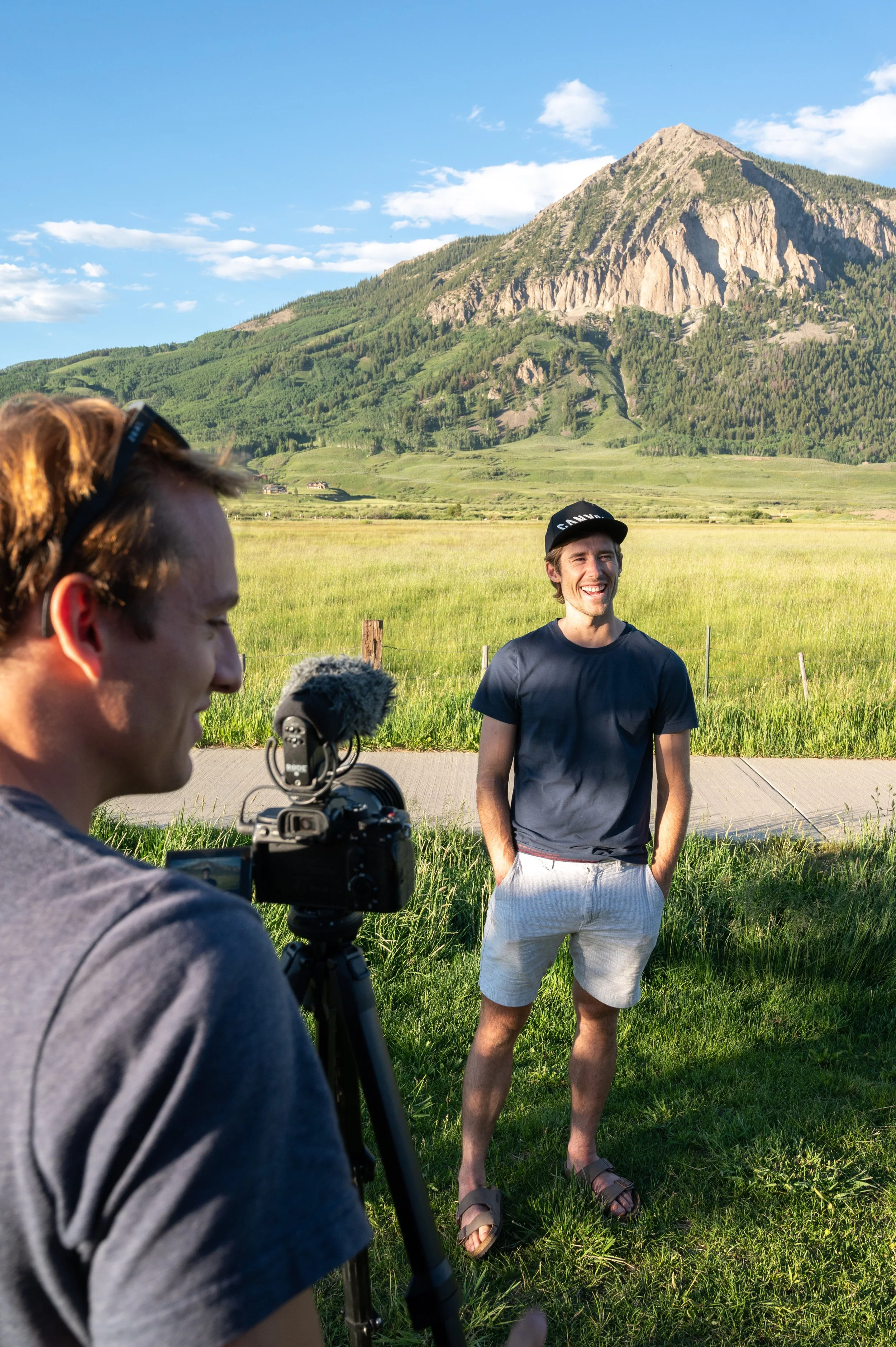The Ethics of Colorado Documentary Filmmaking
Documentary filmmaking is an art form that has the power to educate, entertain, and inform audiences about real-life situations and issues. However, as a Colorado documentary cinematographer, it's important to consider the ethical implications of your work. Balancing the need for truth and accuracy with the desire to create an engaging and entertaining film can be a difficult task. In this blog post, we will explore the ethics of Colorado documentary filmmaking and provide some tips on how to achieve a balance between truth and entertainment.
Preserving Truth and Accuracy in Documentary Filmmaking
First and foremost, it's essential to consider the ethical implications of documentary filmmaking. Unlike fictional storytelling, documentaries deal with real people and real situations. As a filmmaker, you have a responsibility to ensure that your work accurately portrays the truth. Manipulating footage or events to create a more compelling story can be tempting, but it's crucial to resist the urge to do so.
Being Transparent About the Project
One way to maintain the integrity of your work is to make sure that your subjects are fully aware of what you're doing and what your intentions are. This means being transparent about the nature of your project, the content you plan to include, and the way in which it will be presented. It's also essential to get consent from your subjects before using their footage in your film. Without consent, you risk violating their privacy and exploiting their story for your own gain.
The Filmmaker's Role in Shaping the Narrative:
Another important consideration is the role of the filmmaker in the storytelling process. As a documentary filmmaker, you have the power to shape the narrative and influence the way in which your audience perceives your subject. It's important to remain impartial and unbiased, presenting all sides of the story in an objective manner. This means doing your research and presenting the facts as they are, without twisting them to fit your preconceived notions or biases. When I made the following film about Kevin Wilson and his journey to overcoming alcoholism and obesity to teach others with disabilities how to ski, it was important to represent him in his authentic self… Check it out, how do you think I did in crafting his narrative?!
Overcoming Bias and Embracing Diverse Perspectives:
One way to ensure that your work is unbiased and objective is to consult with experts and other sources of information. This can help you verify the accuracy of your information and avoid perpetuating misinformation or stereotypes. Additionally, it's important to acknowledge your own biases and work to overcome them. This can involve seeking out diverse perspectives and being open to feedback and criticism.
Avoiding Sensationalism and Exploitation
Finally, it's important to consider the impact of your work on your subjects and your audience. While you may be focused on creating an engaging and entertaining film, you must also be mindful of the potential consequences of your work. This means being respectful of your subjects and their privacy, and being aware of the impact your film may have on their lives. It also means being responsible in your representation of the issues and situations you're exploring, avoiding sensationalism or exploitation.
In conclusion, the ethics of Colorado documentary filmmaking are complex and multifaceted. Balancing the need for truth and accuracy with the desire to create an engaging and entertaining film can be challenging, but it's essential to maintain the integrity of your work. By being transparent with your subjects, remaining impartial and unbiased, consulting with experts and sources of information, acknowledging your own biases, and being mindful of the impact of your work, you can create documentaries that are both informative and entertaining.
Want to Work Together?
Roo is a commercial/documentary filmmaker and photographer based in Boulder, Colorado but travels all around the world for his filmmaking career. He has produced films for Outside Magazine in Ireland, camera operated for Netflix in the Rocky Mountain West, photographed among indigenous communities in Peru and Ecuador, directed videos with professional climbers in Mexico and has received notable recognition in his hometown of Orcas Island in Washington State for his work telling uplifting stories in the outdoor space.
Let’s chat - reach out below and I’ll respond in the next 24-48 hours!




